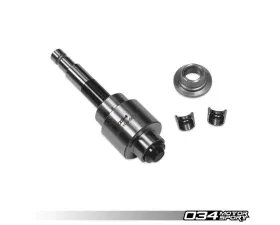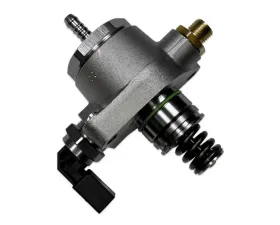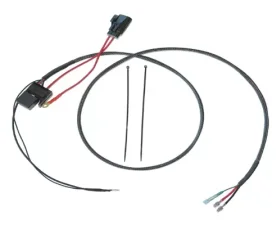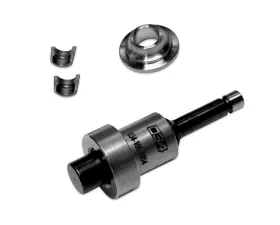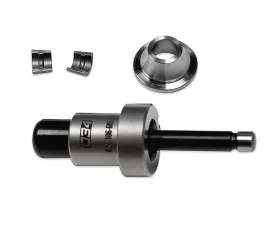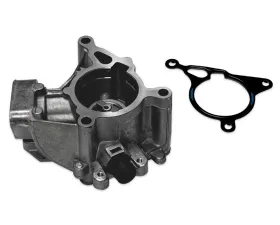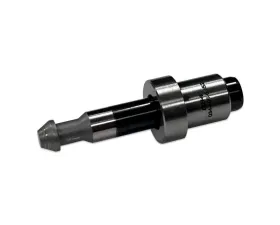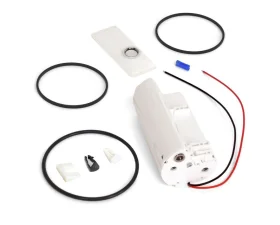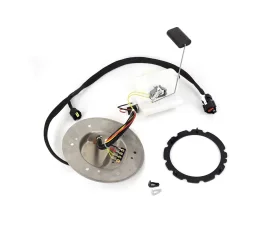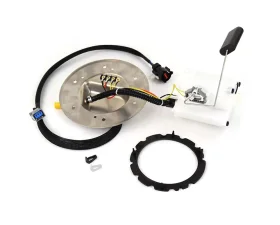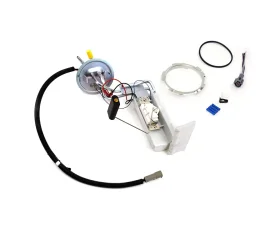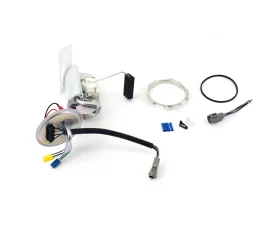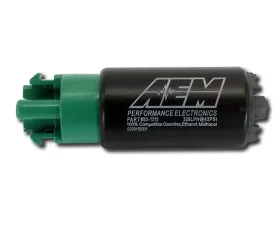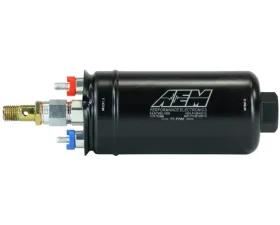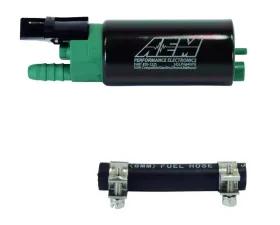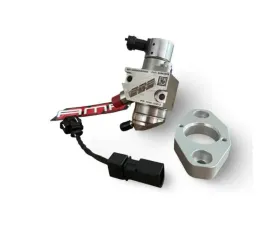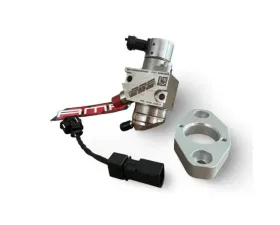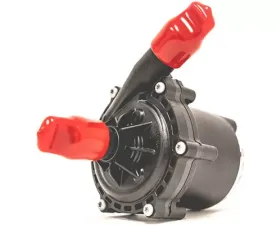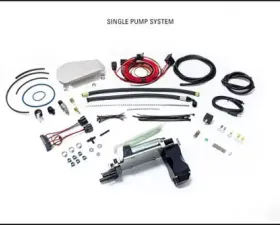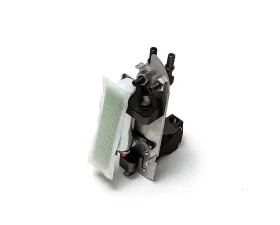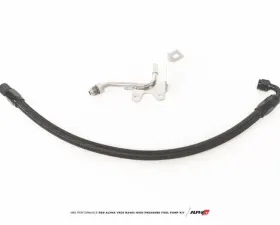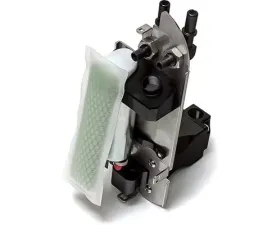Fuel Pumps
Rev up your vehicle's performance with our premium selection of fuel pumps at Vivid Racing. Designed for automotive enthusiasts, our high-quality fuel pumps ensure optimal fuel delivery for improved horsepower and efficiency. Whether you're upgrading for racing or enhancing your daily drive, our range of top brands offers reliability and precision to meet your needs. Upgrade your ride today and feel the difference in every drive!
034 Motorsports Billet Drop-In Fuel Pump Upgrade Kit for Audi S4/S6, A4, A6, 700HP Bosch 044
034 MotorSport High Pressure Fuel Pump Piston Upgrade Kit Audi | Volkswagen 2.0T FSI 2005-2015
034 Motorsports Assembled High-Pressure Fuel Pump Upgrade Audi A3/S3/TT/TTS | Volkswagen Atlas/GLI/GT/Golf R 2015+
034 Motorsports C4 Fuel Pump Relay Kit for Enhanced Power Supply - 034-106-Z001
034 Motorsports High Pressure Fuel Pump Piston Upgrade Kit Audi | Porsche 2018+
034 Motorsports High Pressure Fuel Pump Piston Upgrade Kit for Audi VW EA888 2.0T 2015+
034Motorsport Vacuum Pump Kit for Volkswagen Audi 1.8T 2.0T Gen3 2012-2020
034Motorsport High Pressure Fuel Pump Piston Upgrade Kit Audi 2.0TSI | 2.5TFSI | 3.0TFSI Supercharged 2009-2018
ACP Fuel Pump EFI Module for In-Tank Hanger, Fits 1990-1997 Ford Trucks and Vans
ACP Fuel Pump Module Assembly FP-FPA05A for Ford F-150/F-250/F-350 1992-1996 19G
ACP Fuel Pump Module Assembly for 1992-1996 Ford F-150, F-250, F-350 18G Rear Tank
AEM E85 320LPH High Flow In-Tank Offset Inlet Fuel Pump with Mounting Hangers
AEM E85 320LPH High Flow In-Tank Offset Inlet Fuel Pump without Mounting Hangers
AMR Performance Race High Pressure Fuel Pumps Mercedes-Benz W205 | W213 | X253 2015-2023
AMR Performance Street High Pressure Fuel Pumps Mercedes-Benz W205 | W213 | X253 2015-2023
AMS Performance Alpha Infiniti Q50 Q60 Red Alpha VR30 Auxiliary Intercooler Pump Kit Infiniti Q50 | Q60 2016+
AMS Performance Alpha Omega Brushless Fuel Pump System Nissan GT-R 2017-2021
AMS Performance Alpha Performance Omega Brushless Single to Dual Pump In-Tank Conversion Kit Nissan R35 GT-R 2009+
AMS Performance Alpha Performance VR30DDTT Low Pressure Feed Line Infiniti 3.0L V6 Q50 | Q60
AMS Performance Alpha R35 GT-R Omega Brushless Fuel Pump System - Dual Brushless Pump In-Tank Fuel System Nissan R35 GTR 2009+

Fuel Pumps
A fuel pump is a part of automobiles that distributes liquid from the fuel tank to the internal combustion car's carburetor or fuel injector. Carbureted engines typically have low-pressure mechanical pumps installed outside the fuel tank. In contrast, fuel-injected engines typically have electric fuel pumps installed inside the tank (and some fuel-injected engines have two fuel pumps. One low-pressure/high-volume supply inject in the tank and one high-pressure/low-volume pump on or close the engine).
For the motor to work properly, the fuel pressure must be within particular limits. The vehicle will run bumpy and thick if the fuel pressure is too high since it will not consume all of the gasoline being pushed, leaving the machine unproductive and dirty. The engine may run dry, backfire, or stall if reduced pressure.
The engine does not always need the use of a gasoline pump. A carbureted engine's low-pressure gasoline can be provided simply by raising the tank above the carburetor and letting gravity supply the fuel.
What are the symptoms of a bad fuel pump?
Car Won't Start
The vehicle will not operate if the fuel pump cannot deliver gasoline from the fuel tank to the motor. The pump does not supply enough fuel in such circumstances, making it more difficult to ignite and drive the vehicle. This is a very typical and similar symptom of a failing fuel pump.
The old pump struggles to acquire pressure in this situation, and the engine burns out of fuel. Your automobile may not start due to fuel alternator, starter, filter, or battery issues.
Fuel Tank Noise
If you hear loud screaming coming from the fuel tank, it means your fuel pump is broken. The breakdown of the pump bearings could cause this noise.
The pump can also make a lot of noise if the fuel is polluted or there isn't enough fuel in the tank. There is no or very little noise if your pump is working properly. Excessive loudness is a sign of a problem.
Lower Gas Mileage
The fuel pump could be an issue if your car requires more fuel than usual to fill up the tank. This shows that your pump valve is not correctly opening, resulting in excessive fuel injected into the engine. The engine does not store or consume the additional fuel.
Engine Stalls
Various faults within the vehicle can cause Stalling, but be cautious if stalling frequently happens while the vehicle thermometer indicates a high temperature. Fuel pump motor failure often results in increasing temperatures and stalling.
If the stalling frequently happens while the temperature is high, it is possible that the pump has indeed been destroyed and has to be changed.
AEM High-Pressure Fuel Pump
The AEM 380lph High Flow, High-Pressure Fuel Pump for high performance naturally aspirated and forced induction EFI vehicles. The High Flow, High-Pressure Fuel Pump can be installed externally or in-tank using optional hardware sold separately. It utilizes the industry standard "044 Style" envelope and -10 AN female inlet and -6 AN female outlet connections for easy installation on new applications and quick replacement of existing competitor fuel pumps. The AEM 380lph High Flow fuel pump delivers incredible performance and value.
Features:
- Designed for high output naturally aspirated and forced induction EFI vehicles
- Popular "044 Style physical configuration but with AN inlet and discharge port connections
- Maintains very high flow even at boosted fuel pressures; 340 lph @ 73 PSI (30 psi boost)
- Installs externally or in-tank
- Each pump individually tested to flow minimum of 380lph (100gph) @ 43 PSI
- For gasoline vehicles (pump life will be diminished when used with alcohol fuels)
- Kit includes fuel pump, -6 to -8 male AN discharge fitting with check valve, terminal nuts, boots, instructions
Where is the fuel tank located?
An electric fuel pump located in the tank is connected to a component or hanger assembly secured to an entrance at the top of the tank. The top of the module/hanger unit has fuel lines and electrical wires for the pump and transmission mechanism.
The sending unit, pump, and float arm are usually included in a module and a tank to guarantee that fuel is accessible at the pump pickup and a filter to catch dirt and impurities.
The sending unit, reservoir, and float may or may not be included in a hanger assembly. You can use a roller vane, geroter, or turbine pump, the latter being the most prevalent on late-model automobiles.
Before igniting the fuel pump circuit, the PCM checks for a cranking signal from the camshaft sensor when the ignition key is pressed. The relay then provides power to the gasoline pump.
The pump motor spins, gathering fuel through the filter and delivering it to the engine via the fuel lines and filter. A port injection system's fuel pressure varies from 45 to 66 psi, while a throttle body injection device's pressure runs from 9 to 18 psi.
The sender's float increases and lowers in response to the fuel level. The float arm is attached to a rheostat, which regulates the amount of electricity sent to the fuel gauge based on the float location.
What to do if the engine doesn't start?
Check for the pump if the engine cranks but won't start. Test for voltage to the pump if it does not run. Inspect the circuit, such as the fuel pump relay, when there is no voltage and less than the fixed voltage.
Conduct fuel pressure and volume measurements if the pump is on. However, regardless of the cause of the failure, we have the necessary parts to repair it. So you can maintain and service your car your way, we provide thoroughly inspected, fully prepared replacement fuel components and hanger components.
We also deliver sender assemblies, individual pumps, and gasoline pump strainers. We also have seals, fitting gaskets, pushrods, and other installation essentials.
Find High-Quality Fuel Pumps and Components Only at Vivid Racing
From fitment help from our in-house experts to shipping packages, we'll take care of you and your Fuel Pumps every step of the way. We know how much of a financial investment you're making in a set of Fuel Pumps, accessories, and upgrades. In return, we'll deliver a service and product second to none.
At Vivid Racing, we love cars. They are our vice in life. We love the automotive community and love our customers who think like us.
Finding a perfect aftermarket product is not an easy job. We fully understand it, and we are here to help you find the best modifications for your car.
We specialize in double takes! Our passion, simply, is helping you to build the car you always dreamed of. Everyone has their favorite look, color, effect, and desires, and we are here to help you achieve your goal.
Vivid Racing ensures that they meet the customer's expectations regarding quality, size, and strength.
The company always provides quality Fuel Pumps for applications that need speed and good looks, such as racing cars.
Vivid Racing carries high-performance parts for almost any need. Click these links to choose from our selection of Body Kits, Big Brake Kits, Seats, Custom Wheels and Tires, Engine Parts, Exhaust Parts, Intakes, Suspension, and Transmission Parts.
Buying from Vivid Racing is the best choice you can make. We back every part we sell with our guarantee of satisfaction.
Buy online or give one of our world-class sales professionals a call at 1-480-966-3040. If you don't see what you are looking for, Call Us.
We can help. Vivid Racing was voted #1 in customer service nationwide!
Vivid Racing carries Performance Ignition Parts from all the top manufacturers in the automotive industry. Our manufacturers include Bosch, Delphi, Eurospare, Karlyn STI, NGK Spark Plugs, and many more!
Hands-On Experience and Professionalism are what make us the best.
LOOKING FOR OEM PARTS? We can help.
Are you tired of paying overly inflated prices that the dealers charge for their parts? Vivid Racing can save you up to 60% off the dealers' prices. Click here to visit our OEM PARTS STORE.

.jpeg?q=90&p=thumb&w=200&h=200)
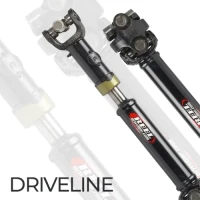
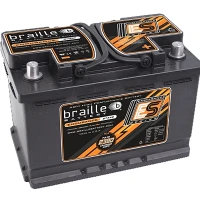
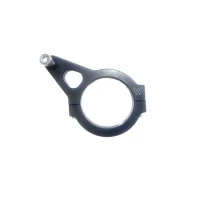




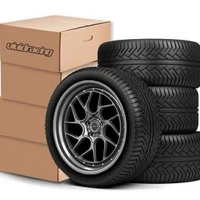
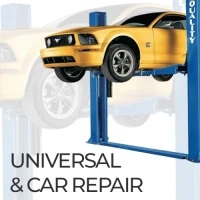
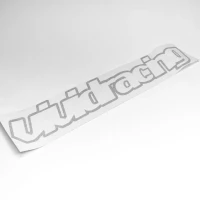
.jpeg?q=90&p=thumb&w=40&h=40) Brakes
Brakes  Driveline
Driveline  Electronics
Electronics  Handlebars & Controls
Handlebars & Controls  Package Deals
Package Deals  Wheel Accessories
Wheel Accessories  Wheels by Vehicle
Wheels by Vehicle  Universal & Repair
Universal & Repair  Vivid Racing Gear
Vivid Racing Gear 
